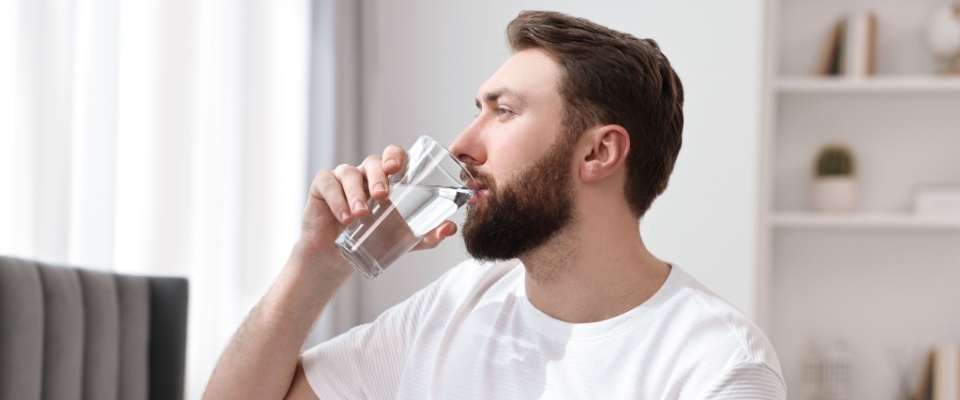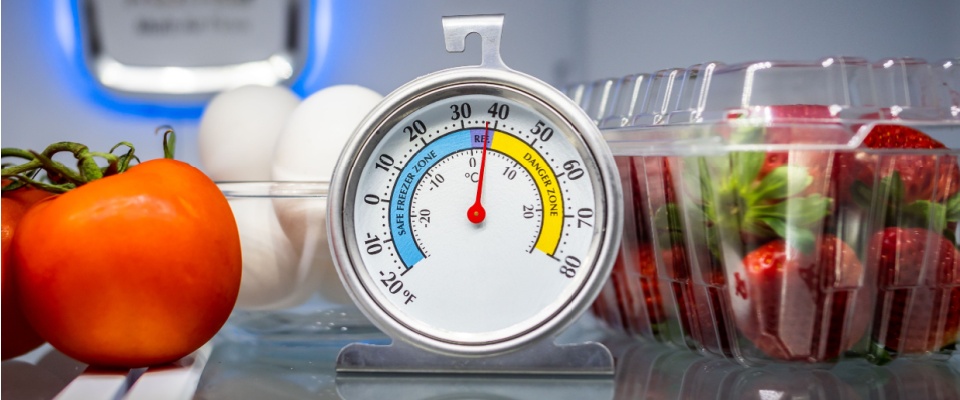Nothing ruins a perfect summer like a preventable accident in your apartment. While you’re planning beach trips and outdoor adventures, your rental may face some seasonal challenges. From overworked electrical systems to surprise storms that can cause serious damage, your apartment shouldn’t turn into a hazard zone when the heat strikes.
The good news? Most issues are avoidable with the right preparation. These summer safety tips will help you enjoy the season to its fullest, knowing your apartment is ready for whatever summer throws your way.
Check your electrical systems before they overheat
Heat puts extra strain on your apartment’s electrical systems, making fire safety a top priority. Air conditioners working overtime, fans running 24/7, and those string lights you hang on your balcony can all increase the fire risk during peak summer months.
Start by checking your smoke detectors. Replace batteries when needed and test the device monthly. Keep your electrical outlets from becoming overloaded by unplugging devices when not in use. That means your phone charger, coffee maker, and that extra fan you bought during the last heat wave.
Your AC unit also deserves special attention. Clean or replace filters regularly, and make sure nothing blocks the vents. A clogged AC may not only increase your electric bill, but it can also overheat and become a fire hazard.
If you notice any burning smells, strange noises, or your unit cycling on and off frequently, contact your landlord immediately.
Create a cooling plan before you need it
Even with modern cooling systems, heat-related illnesses remain a serious concern. These summer safety tips can be lifesavers when temperatures soar, and your apartment feels like an oven.
Know where your nearest cooling centers are located. For instance, libraries, malls, and community centers often serve as refuges during heat waves. Then, keep your apartment as cool as possible by closing blinds during the day, using fans to circulate air, and avoiding heat-generating activities like cooking or doing laundry.

Don’t forget to stock up on water and electrolyte drinks. Dehydration happens faster than you think, especially in stuffy apartments.
Watch for signs of heat exhaustion: heavy sweating, weakness, nausea, and headaches. If you experience these symptoms, move to a cooler area immediately, drink fluids, and seek medical assistance if necessary.
Look for any water damage risks
Summer can bring fast-moving thunderstorms and dangerous hurricanes, and with them, potential water damage to your apartment. Check around windows, especially older ones that might not seal properly. Look for stains on walls or ceilings that could indicate previous water damage. During storms, place buckets or towels near known problem spots.
Your AC unit can also cause water damage if the drain gets clogged. Check the drip pan regularly and ensure water drains properly. If you notice water around your unit or moisture in unexpected places, address it immediately. Mold can start growing within a few days, turning a small problem into a health hazard.
Secure your apartment against break-ins
Summer may bring unexpected theft risks for renters. With many people away on vacation, empty apartments become easy targets. Open windows can invite opportunistic thieves, and increased foot traffic around apartment communities can lead to more break-ins.
Always lock your doors and windows, even if you’re just running to the laundry room for a few minutes. If you need ventilation, get window locks that allow partial opening while maintaining security.
Consider your summer routines, too. If you’re spending more time at pools, beaches, or outdoor events, you’re away from home more often. Thieves notice patterns, especially if you’re posting about them live on social media. So vary your schedule when possible and always make sure your apartment is properly secured before heading out for those long summer days.
Keep your kitchen cool and food safe
Summer heat affects more than just your comfort; it impacts food safety, too. Higher temperatures mean bacteria can multiply faster, making proper food storage and preparation crucial.
Keep your refrigerator temperature at or below 40°F, and avoid overloading it, which restricts air circulation. Your fridge works harder to maintain safe temperatures during heat waves, so keep it organized and avoid opening it unnecessarily.
Plan your grocery shopping strategically. Shop for perishables last and head straight home. Consider using insulated bags for longer trips and avoid leaving groceries in a hot car while running other errands.

These summer safety tips are your toolkit for enjoying the warmer months without the stress of avoidable accidents. Remember, your safety is worth more than any inconvenience these precautions might cause.
So, take a few minutes this weekend to walk through your apartment with these tips in mind. Making these small checks and adjustments can help keep your apartment safe and comfortable during the hottest months.
